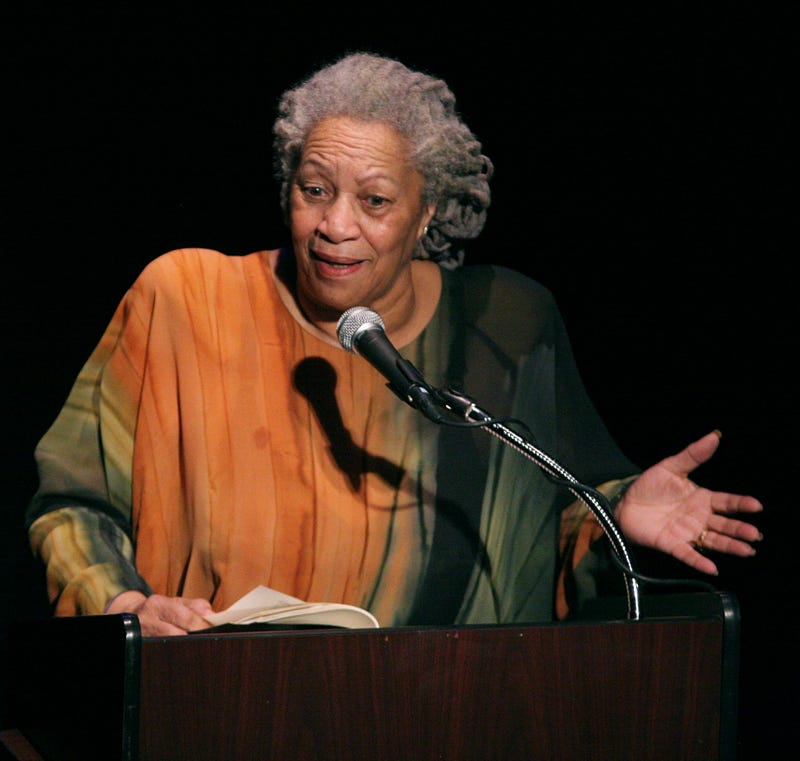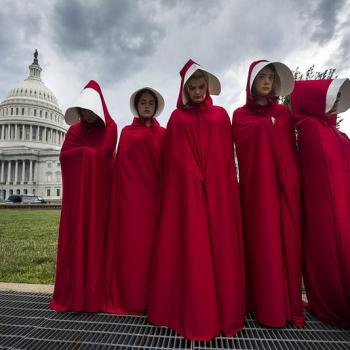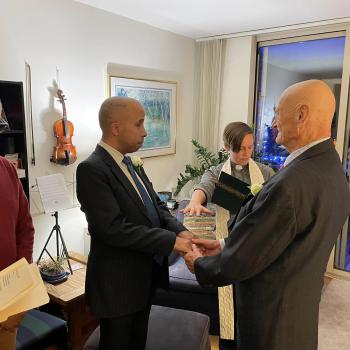You are free, you need to free somebody else. If you have some power, then your job is to empower someone else.
–Toni Morrison
The right to life, liberty, and the pursuit of happiness has at worst, been a pipe dream for Black people in the United States of America. At best, it’s been carrot dangled — and sometimes given — to well-behaved Black people or those bathing in Black respectability.
Here’s a sad truth: Good behavior and Black respectability won’t save you. Malcolm X became as timid as the Rev. Martin Luther King, Jr. was painted. These well-behaved men were still assassinated while wearing suits.
Let’s be clear. Neither Malcolm nor Martin were ever timid men. The white gaze left some white people seeing versions of Malcolm and Martin they wanted to see. They lived into Toni Morrison’s quote. They used the power and freedom their positions afforded them to empower and liberate someone else — just like Morrison did.
As this Black writer mourns her death, sorrow is mixed with gratitude for her ministry and witness. Make no mistake, Morrison’s writing career was, indeed, a ministry, regardless of whether she ever stood in the pulpit or wrote womanist theology.
Her craftswomanship and devotion to her audience — Black people — rivals any pastor shepherding a flock. Morrison’s ministry helped Black people feel seen and heard. In particular, the tapestries she weaved with words made Black women heard, seen, and valued.
As an uncle to two young Black women, Journey and Violet, Morrison’s dedication and purpose resonate with me. Filling pages with words wasn’t her purpose. Filling Black people with hope and pride — through realistic stories — was her purpose. When others were confused about her aim, Morrison had no problem providing clarity.
“[It’s] As if our lives have no depth and no meaning without the white gaze. I’ve spent my entire writing life trying to make sure that the White gaze was not the dominant one in my books,” Morrison said during a Charlie Rose interview.
Reading Sula in college first immersed me in pure Blackness. Growing up biracial (but choosing to identify as Black) in an all-white family in downstate Illinois left me facing an identity crisis. Morrison’s book showed me a glimpse of my heritage and put a mirror to my reality.
“Lonely, ain’t it?
Yes, but my lonely is mine. Now your lonely is somebody else’s. Made by somebody else and handed to you. Ain’t that something? A secondhand lonely.”
Sula by Toni Morrison
That quote really spoke to me. Some family members’ racism helped manufacture a loneliness. Morrison’s book welcomed me into a Black community for which I subconsciously longed. It would take years to discover my Black tribe in seminary.
Giving thanks for Morrison’s artistry is the least this writer can do. It helped give me the freedom to empower and be fabulous.













